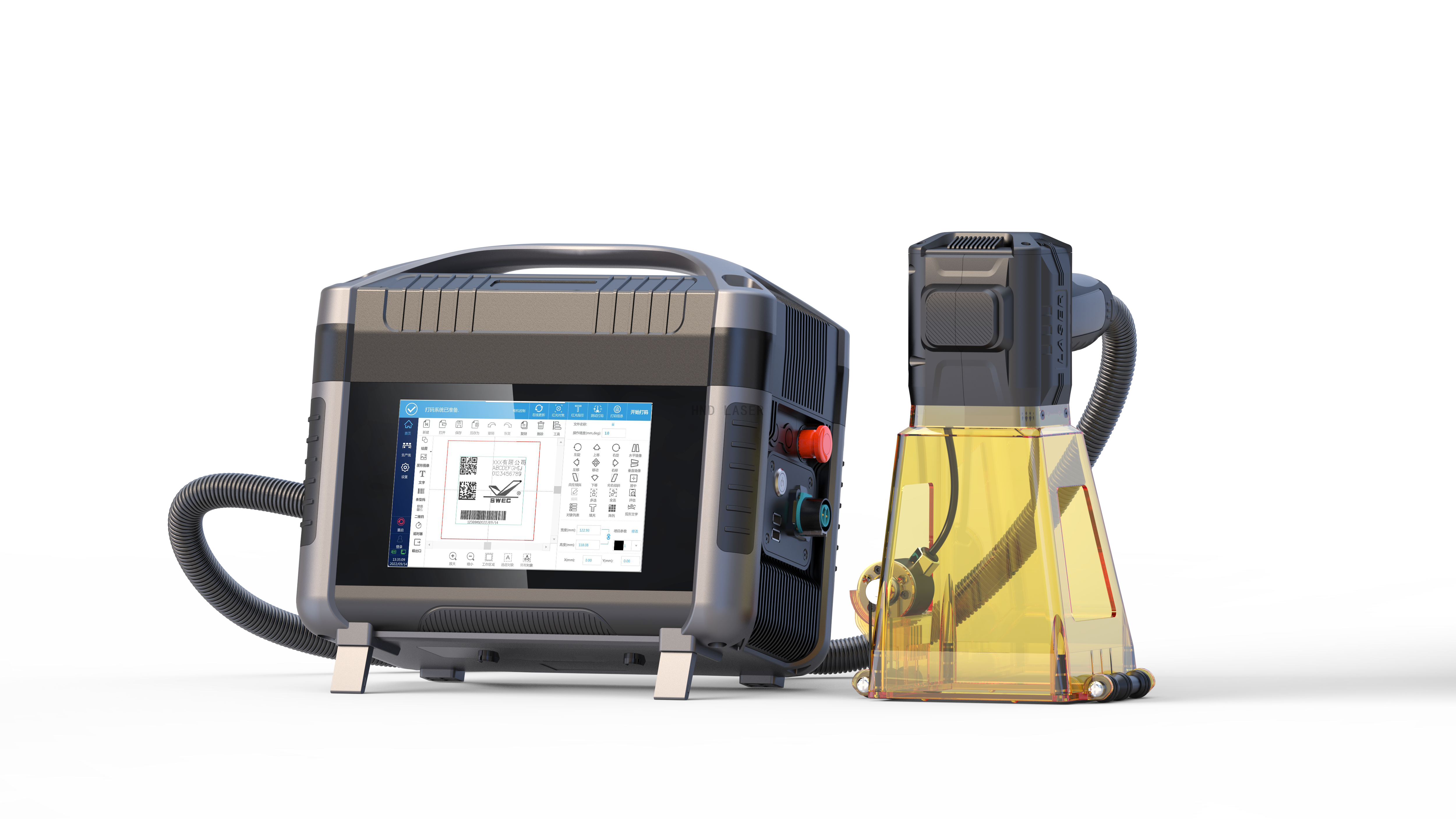- All
- Product Name
- Product Keyword
- Product Model
- Product Summary
- Product Description
- Multi Field Search
Views: 0 Author: Site Editor Publish Time: 2025-04-25 Origin: Site









Laser marking machines have become indispensable tools across various industries due to their precision, durability, and versatility. These machines employ focused laser beams to create permanent marks on a wide range of materials, including metals, plastics, ceramics, and glass. The applications of laser marking machines are vast, encompassing sectors such as automotive, electronics, medical devices, and aerospace.
Laser marking machines offer unparalleled precision, enabling the creation of intricate designs, serial numbers, barcodes, and logos with exceptional accuracy. The marks produced are permanent, resistant to wear, fading, and corrosion, ensuring long-lasting visibility and legibility. This durability is crucial for applications where the marks need to withstand harsh environments or extended product lifecycles.
These machines can mark a diverse array of materials, including:
Metals: Stainless steel, aluminum, copper, titanium
Plastics: ABS, polycarbonate, polyethylene
Ceramics and Glass: For applications in medical devices and packaging
Organic Materials: Wood, paper, leather
This versatility allows manufacturers to use a single machine for various applications, reducing the need for multiple marking systems.
Laser marking is a non-contact process, meaning the laser beam does not physically touch the material surface. This eliminates the risk of damage or deformation to delicate or sensitive materials. It also allows for marking on irregularly shaped or uneven surfaces without requiring additional fixturing.

In the automotive sector, laser marking machines are used to engrave serial numbers, part numbers, and barcodes on various components such as engine parts, chassis, and electrical connectors. This ensures traceability, quality control, and compliance with industry standards.
The electronics industry benefits from laser marking's ability to label tiny components without taking up valuable space or causing damage. Applications include marking integrated circuits (ICs), printed circuit boards (PCBs), connectors, and semiconductor chips.
Laser marking machines are utilized for marking medical devices, surgical instruments, pharmaceutical packaging, and labeling. The high-resolution and permanent marking capabilities of lasers ensure traceability and counterfeit prevention in the medical sector.
Components in aerospace and defense industries are subjected to extreme conditions. Laser marking provides the necessary durability and resistance required for such applications. It also offers traceability, which is crucial for safety and compliance.
Laser marking offers a sleek and modern way to brand consumer products, ensuring that logos and information are stylishly displayed. Additionally, it allows for customization without the need for additional inventory. In packaging, laser marking ensures that details like barcodes, QR codes, lot numbers, and expiry dates are etched permanently, resisting wear and tear during transportation and storage.
Laser marking machines use focused laser beams to create precise and intricate marks on the surface of the material. They can achieve high-resolution marks, fine details, and small characters with exceptional accuracy. This precision is especially useful for applications that require marking on small or delicate components.
Laser marking creates permanent marks on the material surface. The marks are highly resistant to wear, fading, and corrosion, ensuring long-lasting visibility and legibility. This durability is crucial for applications where the marks need to withstand harsh environments or extended product lifecycles.
Laser marking is a clean and environmentally friendly marking method. It doesn’t involve the use of inks, chemicals, or solvents, reducing waste and eliminating the need for consumables. Additionally, laser marking machines consume less energy compared to other marking technologies, making them energy-efficient and eco-friendly.
Laser marking machines can be easily integrated into automated production lines and controlled through software interfaces. This allows for precise control over the marking process, easy customization of marking parameters, and seamless integration with other production equipment.
HND Laser is a leading manufacturer specializing in advanced laser marking solutions. Their products are designed to meet the diverse needs of various industries, offering:
High Precision: Utilizing cutting-edge technology to achieve intricate and accurate markings.
Durability: Ensuring that marks withstand harsh environmental conditions.
Versatility: Capable of marking a wide range of materials, including metals, plastics, ceramics, and glass.
Customization: Offering solutions tailored to specific industry requirements.
By integrating HND Laser's machines into production lines, businesses can enhance efficiency, ensure compliance, and maintain high-quality standards.

Laser marking machines can mark a wide range of materials, including metals (e.g., stainless steel, aluminum), plastics (e.g., ABS, polycarbonate), ceramics, glass, wood, and paper.
Yes, laser marking is a non-contact process, meaning the laser beam does not physically touch the material surface. This eliminates the risk of damage or deformation to delicate or sensitive materials.
Laser marking offers several advantages over traditional methods, including higher precision, permanent and durable marks, faster processing times, and environmental friendliness due to the absence of consumables like inks or chemicals.
Yes, laser marking machines can be easily integrated into automated production lines and controlled through software interfaces, allowing for seamless operation and increased efficiency.
Laser marking machines are essential tools in modern manufacturing, offering precision, durability, and versatility across various industries. By adopting laser marking technology, businesses can enhance product traceability, ensure compliance with industry standards, and improve overall production efficiency. HND Laser stands at the forefront of this technology, providing innovative solutions tailored to meet the evolving needs of today's manufacturing landscape.